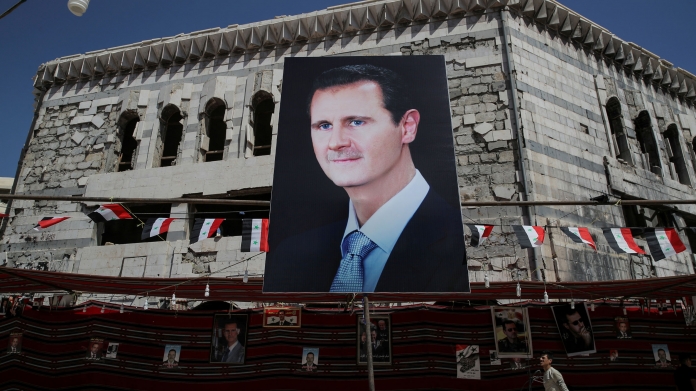The ouster of Bachar Al Assad is a unique, historic opportunity for the pursuit of justice, accountability, and the right to truth for decades of serious crimes under international law in Syria, the International Commission of Jurists (ICJ) said today.
“As Saidnaya, Far’ Falastin, Hama, and other notorious Syrian prisons are emptied of thousands of detainees, the fate and whereabouts of hundreds of thousands of Syrians remain unknown, and the full scope of the atrocities committed during the past 13 years is yet to be established,” said Saïd Benarbia, ICJ Middle East and North Africa Programme Director. “The transitional authorities and the international community must ensure that accountability and justice be central to any effort to build a new Syria and to address Al Assad’s bloody legacy.”
Since March 2011, Syrians have been subjected to widespread and systematic patterns of summary executions, arbitrary detention, enforced disappearances, torture, sexual violence, including rape, indiscriminate attacks against civilians, starvation as a method of warfare, pillage, hostage-taking, murder, extermination and other gross human rights abuses amounting to war crimes and crimes against humanity by government and allied armed forces, as well as by armed opposition groups.
“While the hopes are high that Bachar Al Assad’s toppling will be a significant, first step on the path to ending these crimes, ultimately the rule of law cannot be fully established in Syria unless all the perpetrators are held to account, victims are provided full reparation, and guarantees of non-recurrence are enshrined in Syrian law and fully complied with,” added Benarbia.
The ouster of Bachar Al-Assad is also a significant opportunity for the Syrian transitional authorities and the international community to press ahead with the full implementation of UN Security Council Resolution 2254, including through the establishment of a credible, inclusive, non-sectarian government, and of a timeline and process for drafting a new constitution.
“Bringing the Assad family’s half-century despotic rule to an end does not extinguish the risk of establishing a new authoritarian rule in Syria,” added Benarbia. “The transitional authorities must get the process right, including by preserving the continuity of State functions and institutions; establishing inclusive constitutional and electoral processes; and ensuring that armed groups and security forces be fully vetted and subordinated to a civilian, legally constituted government.”
Contact
Saïd Benarbia, Director, ICJ Middle East and North Africa Programme; t: +41 22 979 3800, e: said.benarbia@icj.org
Nour Al Hajj, Communications & Advocacy Officer, ICJ Middle East and North Africa Programme; e: nour.alhajj@icj.org




